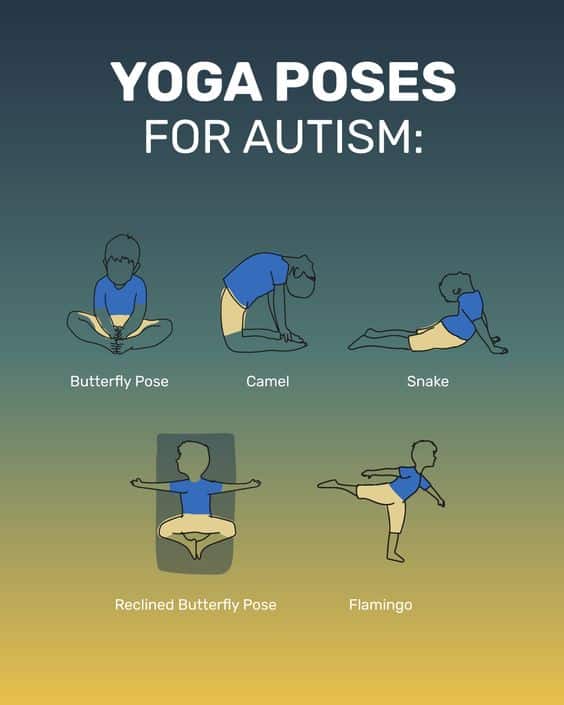Elderly individuals with Autism Spectrum Disorders (ASD) may exhibit various symptoms that continue into their later years. Here are some of the most common symptoms:
- Communication Challenges: Difficulty expressing needs or emotions, limited eye contact, and understanding sarcasm or non-literal language.
- Social Interaction Difficulties: Struggles with initiating or maintaining conversations, interpreting social cues, and forming meaningful relationships.
- Repetitive Behaviors: Engaging in repetitive movements or actions, fixating on specific interests or topics.
- Sensory Sensitivities: Overreacting or underreacting to sensory stimuli, such as loud noises, bright lights, or certain textures.
- Changes in Routine: Becoming distressed with unexpected changes and relying on a structured routine for comfort.
Early interventions and seeking professional guidance can make a significant positive impact on their lives. Goally’s tablet helps kids with the elderly with autism spectrum disorders by fostering life and language skills through interactive apps, digital schedules, AAC, and gamified learning. It also offers emotional regulation, routine, and social skills apps, promoting their overall well-being.














